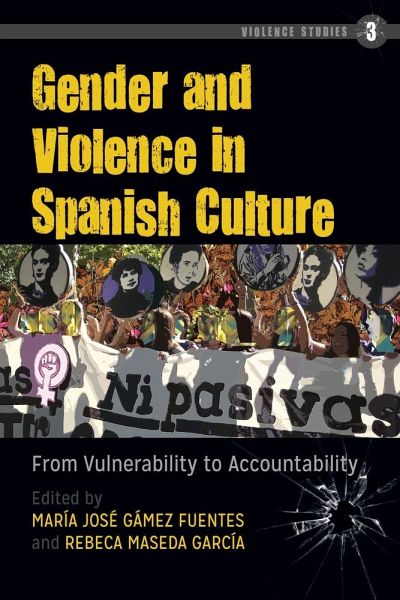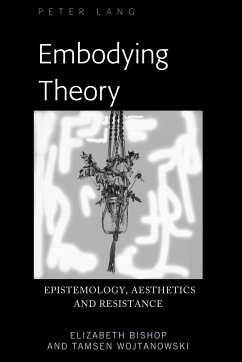
Gender and Violence in Spanish Culture
From Vulnerability to Accountability
Herausgegeben: Gámez Fuentes, María José; Maseda García, Rebeca
Versandkostenfrei!
Versandfertig in 6-10 Tagen
113,20 €
inkl. MwSt.
Weitere Ausgaben:

PAYBACK Punkte
0 °P sammeln!
For the true exercise of citizenship to occur, gender violence must be eradicated, as it is not an interpersonal problem, but an attack on the very concept of democracy. Despite increasing social awareness and legal measures taken to fight gender violence, it is still prevalent worldwide. Even in a country such as Spain, praised in the UN Handbook for Legislation on Violence Against Women (2010) for its advanced approach on gender violence, the legal framework has proved insufficient and deeper sociocultural changes are needed. This book presents, in this respect, groundbreaking investigations...
For the true exercise of citizenship to occur, gender violence must be eradicated, as it is not an interpersonal problem, but an attack on the very concept of democracy. Despite increasing social awareness and legal measures taken to fight gender violence, it is still prevalent worldwide. Even in a country such as Spain, praised in the UN Handbook for Legislation on Violence Against Women (2010) for its advanced approach on gender violence, the legal framework has proved insufficient and deeper sociocultural changes are needed. This book presents, in this respect, groundbreaking investigations in the realm of politics, activism, and cultural production that offer both a complex picture of the agents involved in its transformation and a nuanced panorama of initiatives that subvert the normative framework of recognition of victims of gender violence. As a result, the book chapters articulate a construction of the victim as a subject that reflects and acts upon his/her experience and vulnerability, and also adopt perspectives that frame accountability within the representational tradition, the community, and the state.














